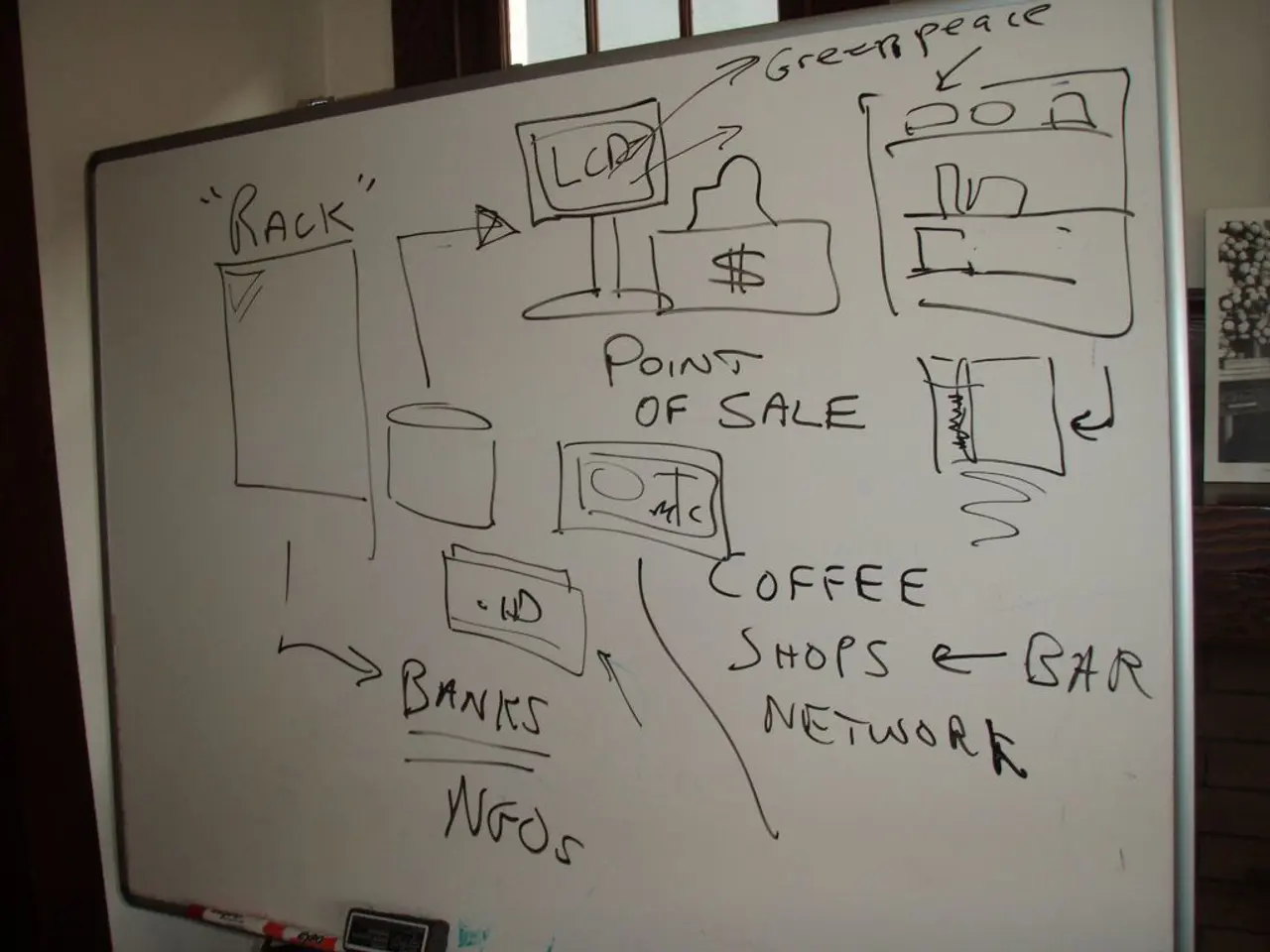Quantum Algorithm Boosts Robotics Decision-Making
Researchers at SRM Institute of Science and Technology have developed a groundbreaking algorithm, Quantum Transfer Fractal Priority Replay with Dynamic Memory (QTFPRDM), to enhance decision-making processes in robotics. This innovative approach, published in the journal Nature Robotics, promises to revolutionise the field by improving convergence speed and sample efficiency compared to conventional methods.
Quantum Reinforcement Learning (QRL) is a new approach in robotics that leverages quantum principles to enhance decision-making processes. However, traditional QRL algorithms often struggle with real-world complexities. To address this, the QTFPRDM algorithm introduces a priority formula that focuses on experiences with high learning potential.
The algorithm integrates quantum circuits, a replay buffer for past experiences, and dynamic memory for adaptive updates. This combination allows QTFPRDM to enhance exploration capabilities while maintaining exploitation efficiency in robotic contexts. The dynamic memory management in QTFPRDM enables it to adapt to changing environments, making it suitable for a wide range of robotic applications, from manufacturing and healthcare to space exploration and household assistance.
Experimental validation in various robotic scenarios has demonstrated the effectiveness of QTFPRDM. It has shown promise in revolutionising decision-making in robotics, with potential for real-world applications.
The Quantum Transfer Fractal Priority Replay with Dynamic Memory (QTFPRDM) algorithm, developed by researchers from the SRM Institute of Science and Technology, has the potential to significantly improve decision-making processes in robotics. By enhancing convergence speed, sample efficiency, and adaptability, QTFPRDM could pave the way for advancements in various robotic fields, from manufacturing to space exploration.
Read also:
- "Eco-Scam": Unveiling the Truth about Electric Vehicles
- European transportation's sustainability and competitiveness rely on a "green industrial agreement" that serves the interests of both corporations and residents, as discussed in an Editorial from August 2024.
- Indian Oil Corporation's Panipat Refinery secures India's inaugural ISCC CORSIA accreditation for Sustainable Aviation Fuel production
- Porsche Macan Accelerates into Second Generation of Electric Power







